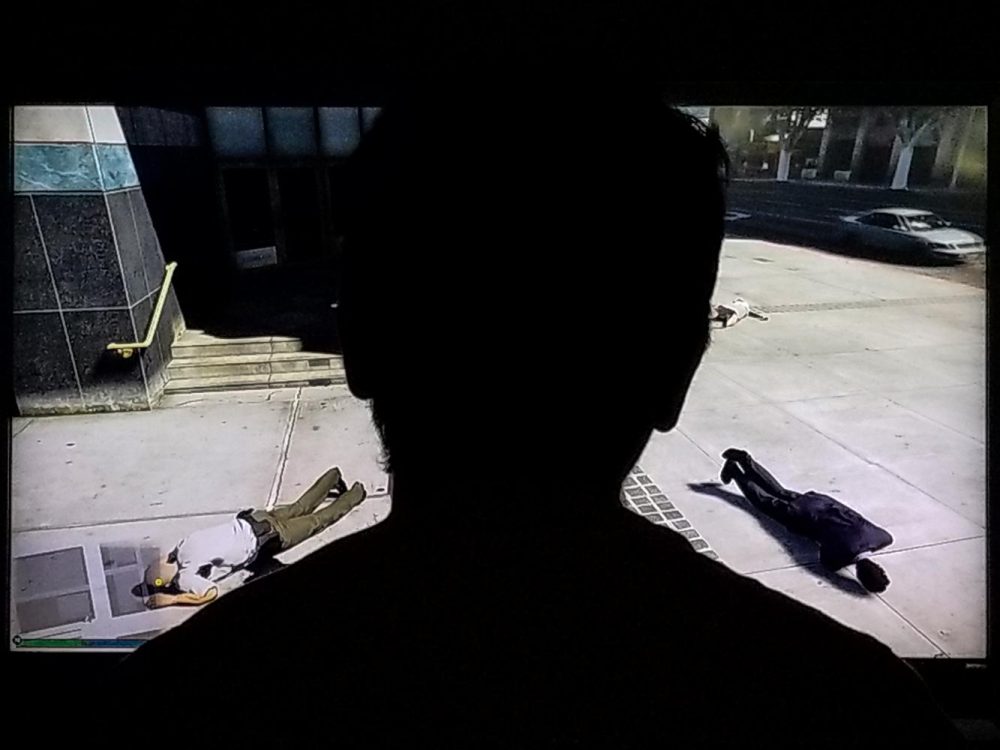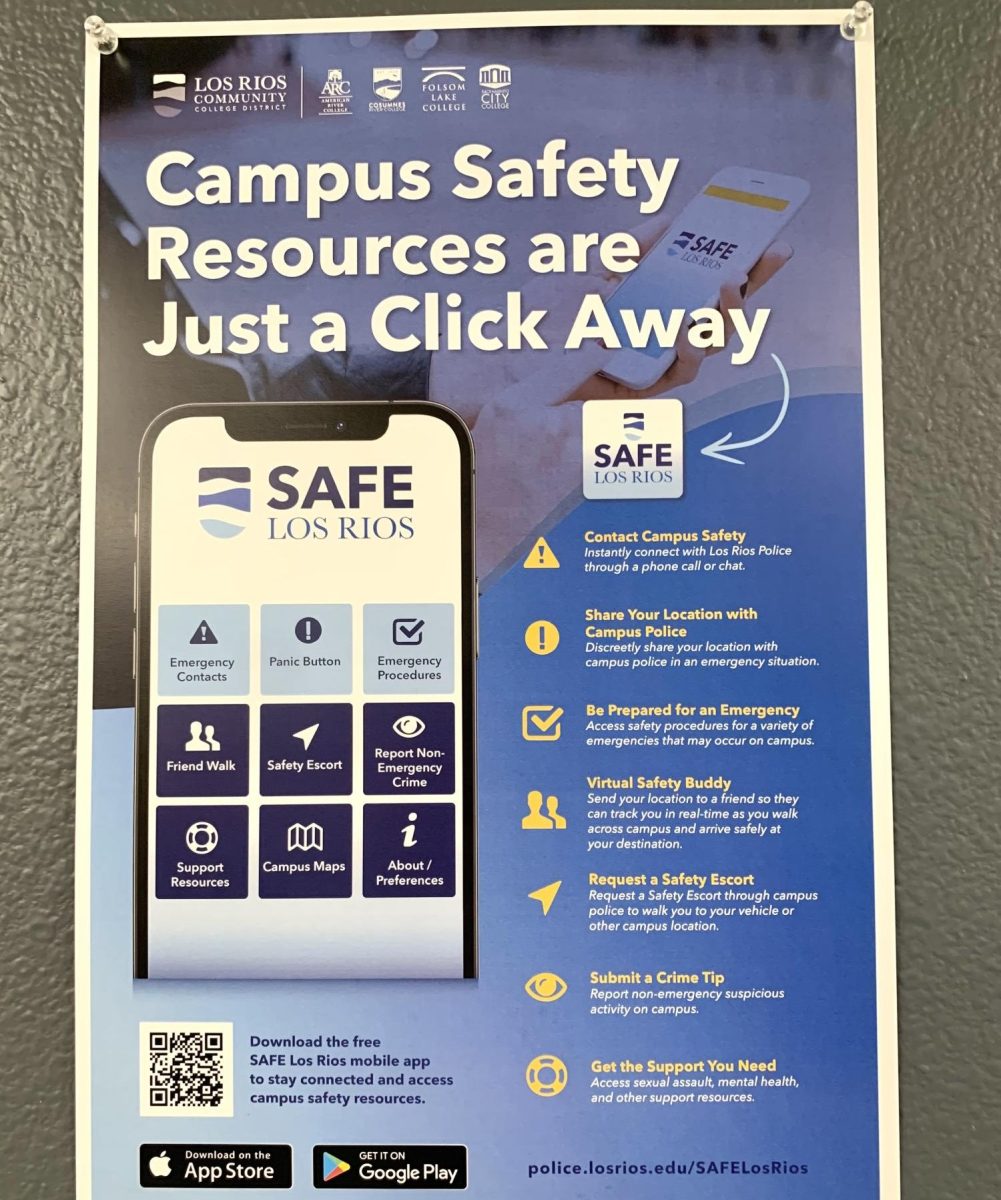Many college students use video games as an escape from reality. But, sometimes that escape can turn tragic. When David Katz shot and killed two people, wounded 10 others and killed himself at a “Madden NFL” tournament on Aug. 26, 2018, that escape ended in a violent extreme.
With every mass shooting comes many questions. After the mass shooting at a Madden gaming event in Jacksonville by a 24-year-old, it raises a more specific question: What impacts do video games have on college-age adults?
Professors at American River College said that for the most part, playing video games can be a practical and fun way of learning, and when it comes to reducing violent behavior, it is mental health issues that need to be addressed.
“In the 2014 National Survey of College Counseling Centers, respondents reported that 52 percent of their clients had severe psychological problems,” according to the American Psychological Association.
Dean Murakami is a professor of biological psychology at American River College said he teaches about the study of violent behavior.
“Video games, especially the very violent ones, desensitize people,” Murakami said. “There’s a relationship between violence and video games, but it is only a correlation, not a causation.”
He said that Katz likely had an underlying mental illness that was the cause of the violent behavior and because of this, his advice for college students is to be aware of the signs and symptoms of mental illness. He said Katz used more violent means to cope, or solve issues.
Sarah Nixin, an art major at ARC, said that she thinks the problem lies in the lack of emotional control, not in the video games.
“It’s a lot like driving when people get in a vehicle and can’t control their emotions,” Nixin said. “Video games are the vehicle in which one controls their emotions, one person can get in the vehicle and control their emotions and another can’t.”
Matthew Stoehr, a professor of art new media at ARC, said that video games, even for college students, are meant for learning, problem solving and entertaining. He teaches about the practical application of video games. Stoehr gamifies problems so that his students can solve real-life problems using video game logic and controls.
“We are working on a project to gamify chemistry problems for solving proteins in cancer cells,” Stoehr said. “We use game logic to show how a person learns to lock and unlock proteins.”
Despite the benefits he sees, Stoehr also said that video games have become overly violent and sexualized.
“I don’t think more exposure to violence is going to teach me anything, other than to be less sensitive to violence,” Stoehr said. “I am aware of signs of violence, because I don’t surround myself with violence or wash my brain in it.”
He said that some people he knows are actually using video games to carry them through whatever pressures they are feeling and to prevent violent behaviors. Whereas for some, their violent behavior could be stemming from another underlying mental illness and video games could be exacerbating them.
Stoehr said that he has a friend in the U.S. Army who uses video games to release tension from the post traumatic stress he acquired in combat.
“For some people, it is actually an outlet for them to engage with their feelings or energy when they can’t get to the shooting range,” Stoehr said.
Keelan Wemmer is a student in a 3D Modeling class who studies the practical application of video games and said that violent behavior is a situational issue and depending on the circumstance, video games can be helpful.
“Depending on the type of person you are and how you react to a situation, you might play the game in a different way,” Wemmer said. “The violent video games don’t directly influence violence behavior. It can help to get out aggression in the video game, so you don’t get it out in real life.”
Video games are not the root of the problem according to Murakami, but mental illness is and college students should be aware of the signs.
“When video games become so addictive, that they don’t have normal social control of their lives, there is a lack of learning, development and a lack of social awareness,” Murakami said. “The cause of the behavior is a multitude of factors and mental illness. We have had these issues in society before video games were around.”
There is hope for students that may be suffering from depression and for their peers to do something to help them, according to Murakami.
“Recognize the signs of whether they lose social interaction,” Murakami said. “It’s that social support that’s really important, whether it’s friends, family or others, they can help to learn how to modify behaviors.”













